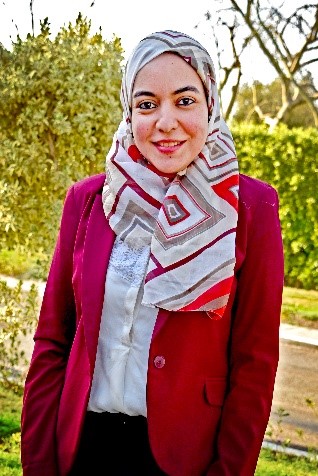How Egyptian households cope with shocks: new evidence
Managing risks and reducing vulnerability to economic, social, environmental and health shocks enhances the wellbeing of households and encourages investment in human capital. This column explores the nature of shocks experienced by Egyptian households as well as the coping mechanisms that they use. It also examines the relationship between such risks and job formality and health status.


